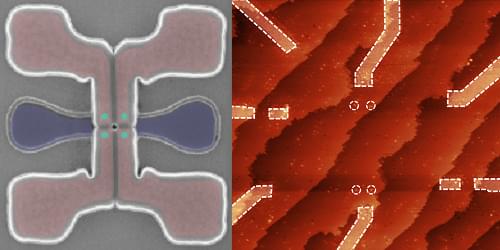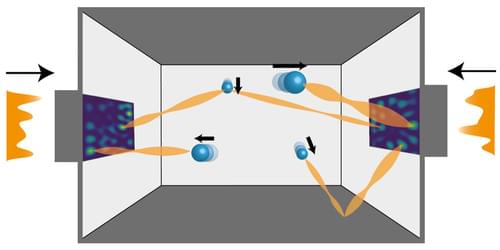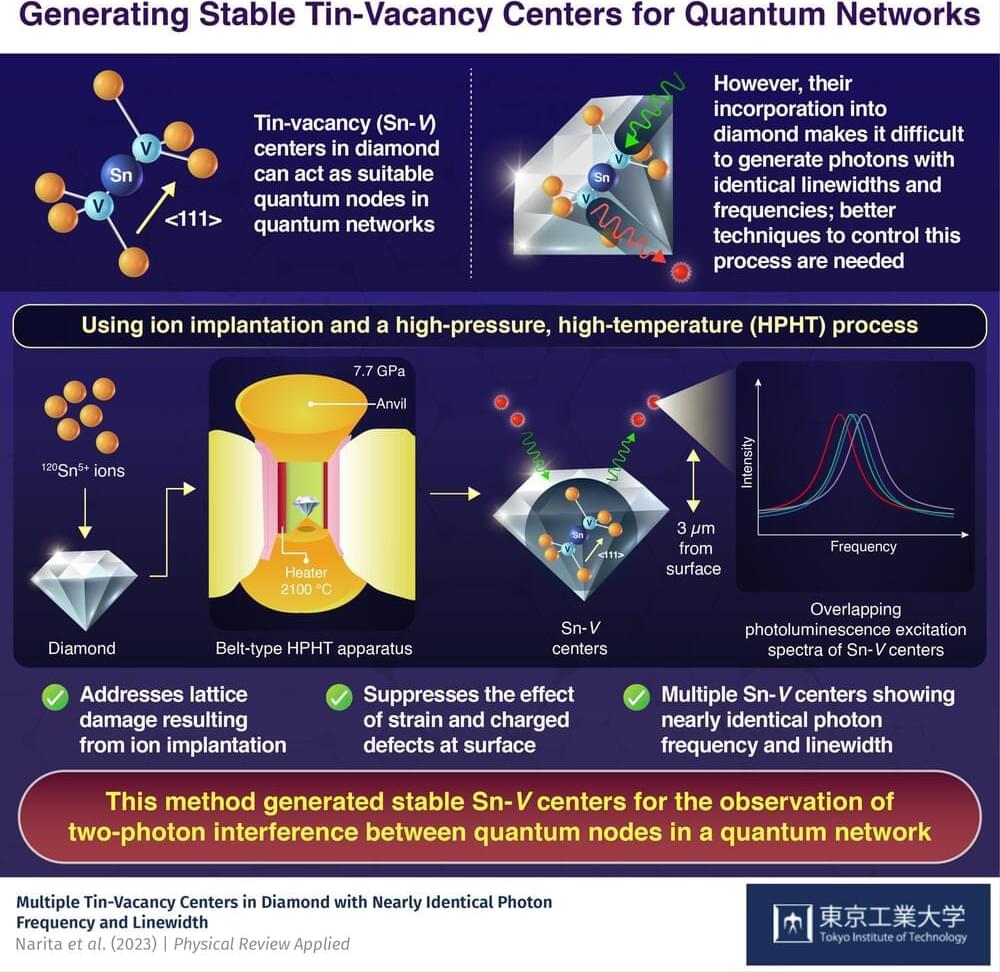“This is real physics, not science fiction”.
A group of researchers essentially pulled energy out of nothing using a quirk of quantum mechanics. Two different physics experiments proved the feat is possible when they drew energy out of an energy vacuum by teleporting energy across microscopic distances.
The new experiments drew on a 2008 theory from theoretical physicist Masahiro Hotta at Tohoku University, as per a report from Quanta Magazine.
Masahiro Hotta’s energy teleportation theory.
Koto_feja / iStock.
Two different physics experiments proved the feat is possible when they drew energy out of an energy vacuum by teleporting energy across microscopic distances.







